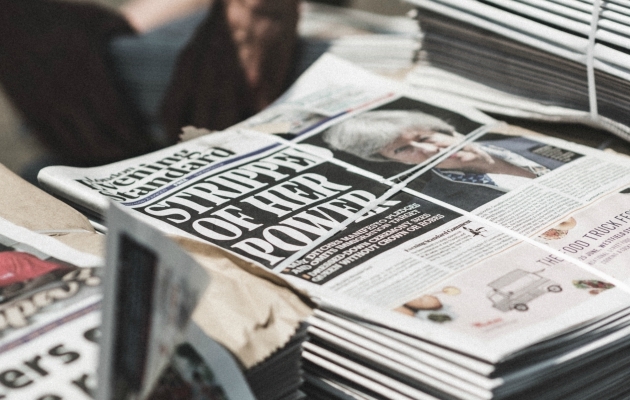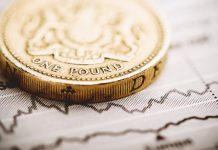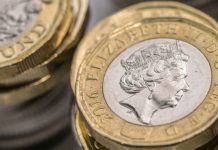The pound managed to finish 0.5% higher versus the euro last week. This was mainly due to a beginning of week and end of week rally in the pound. Heading into the new week however, the pound has dropped sharply during the open, as domestic political scenario worsens in the UK. The pound is now trading at €1.1260 versus the euro.
| What do these figures mean? |
|---|
|
When measuring the value of a pair of currencies, one set equals 1 unit and the other shows the current equivalent. As the market moves, the amount will vary from minute to minute. For example, it could be written: 1 GBP = 1.13990 EUR Here, £1 is equivalent to approximately €1.14. This specifically measures the pound’s worth against the euro. If the euro amount increases in this pairing, it’s positive for the pound. Or, if you were looking at it the other way around: 1 EUR = 0.87271 GBP In this example, €1 is equivalent to approximately £0.87. This measures the euro’s worth versus the British pound. If the sterling number gets larger, it’s good news for the euro. |
Sterling looked fairly resilient over the past week. Despite no progress in Brexit talks, and UK Prime Minister Theresa May losing two cabinet ministers, the pound was still able to finish the week in positive territory.
However, this week the pound has set off on negative footing, largely because of a news article in The Sunday Times. The article reported that 40 members of the Prime Minister’s Conservative party are ready to sign a letter of no-confidence in PM Theresa May. If just 8 more MP’s add their name to this list, it would trigger a vote of no-confidence, which in turn could lead to a leadership contest in the Conservative party. Such a level of political instability is damaging for a currency which is why the pound tumbled.
| How does political stability boost a currency? |
|---|
| Political stability boosts both consumer and business confidence, which means corporations and regular households alike are more likely to spend money. The increased spending, in turn, then boosts the economy. Foreign investors prefer to invest their money in politically stable countries as well as those with strong economies. For foreign investors to put their money into an economy, they need local currency. As they acquire the money needed, the demand for that particular currency increases, which then boosts its value. |
Furthermore, a leadership contest in the middle of Brexit negotiations could throw the already very tight timetable completely off course.
Euro Traders Look Towards Draghi Speech Tomorrow
Last week was a relatively quiet week for euro traders. The data that came out of the eurozone was generally either in line or surpassing analysts’ expectations. The only notable exception came from German industrial production figures, which fell quite heavily. However, as German industrial orders remain strong, investors haven’t been too concerned.
This week euro investors will have an opportunity to gain more insight into the health of the eurozone economy. Eurozone and German third quarter economic growth figures are due to be released, as well as inflation numbers. Strong numbers could support the common currency.
Economic indicators aside, investors will also be looking towards a speech by European Central Bank (ECB) President Mario Draghi on Tuesday. The ECB has previously stated that an interest rate rise won’t happen until the ECB’s bond buying programme has concluded. The bond buying programme is used by the ECB to raise money supply in the economy. In this, it buys up bonds in place of an investor. The investor now has money to spend in buying other bonds, thereby increasing the amount of money in the market. Should Draghi remind investors again that any rate rise is a long way off, then the euro may come under renewed pressure.
| Why do raised interest rates boost a currency’s value? |
|---|
| Interest rates are key to understanding exchange rate movements. Those who have large sums of money to invest want the highest return on their investments. Higher interest rate environments tend to offer higher yields. So, if the interest rate or at least the interest rate expectation of a country is relatively higher compared to another, then it attracts more foreign capital investment. Large corporations and investors need local currency to invest. More local currency used then boosts the demand of that currency, pushing the value higher. |
|
This article was initially published on TransferWise.com from the same author. The content at Currency Live is the sole opinion of the authors and in no way reflects the views of TransferWise Inc. |





